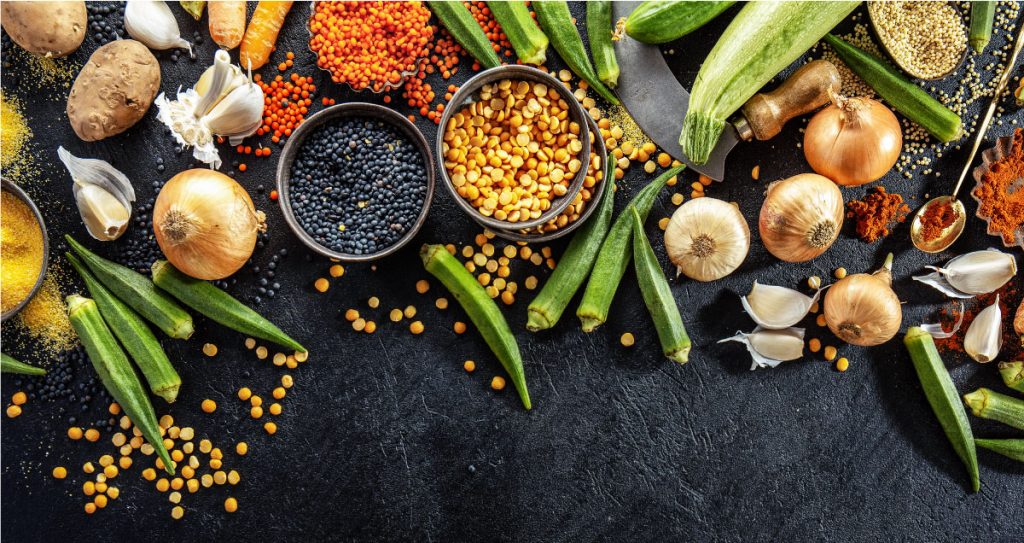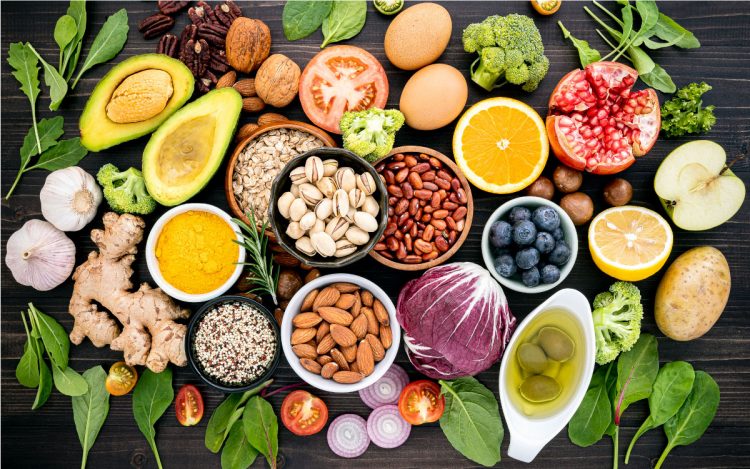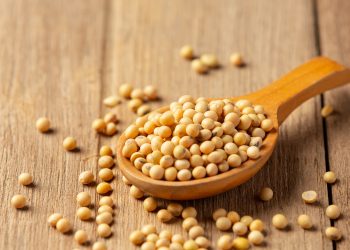Although the word “organic” is the biggest sensation in the food industry today, many are not familiar with its implications. What does it mean to buy organic produce? How is this practice eco-friendly? Does it cost more? Are these the questions that arise when one brings up the topic?
The organic wholefoods sector is rapidly growing in New Zealand and Australia, where the former has an industry worth over 160 million USD and is expanding. Dairy-free milk, keto bread, nut-free butter, or gluten-free cookies are just a few of the endless variety of organic foods available today.
What is Organic food, and how are they produced differently?
The term directly refers to the method agricultural produce is grown and processed. The regulations often vary in different countries. Broadly the term refers to crops grown without the aid of synthetic pesticides, herbicides, growth fertilisers, or bio-engineering (GMOs- Genetically Modified Organisms).
How about Organic Meat?
Livestock that gives meat, eggs, dairy products, and others must grow in conditions that accommodate their natural behaviours. Such a natural environment includes pasture for grazing, organic feed, etc. They should not get any antibiotics, growth hormones, or other such synthetic enhancers.
So the following are the differentiating characteristics of organic food compared to non-organic or conventionally grown food:
- Farmers cultivate using natural fertilisers like compost or manure compared to chemicals in non-organic cultivation.
- Weeds are naturally eradicated, through methods like mulching, crop rotation, etc.
- Plants are pest-controlled through natural means like traps or insects and naturally-derived pesticides.
- Livestock is GMO and hormone-free. In conventional farming, livestock is given growth hormones for faster growth and profit.
- Through a balanced diet and proper attention, instead of antibiotics and other medication, diseases will stay at arm’s length.
- The livestock has access to outdoor venues instead of being caged inside farms.
Benefits of Organic Wholefoods:

Most people may shrug off the organic movement by saying what does it matter to care about “What I eat eats”. Disparaging this significant aspect does not negate the impact of organic methods on the environment.
In reality, how the food is grown, impacts the mental and emotional well-being of an individual and the ecosystem.
Organic foods have more nutrients, antioxidants, and lesser side-effects. Non-organic foods are often the reason behind allergies and adverse effects due to the abundance of chemicals and preservatives.
Benefits of going Local:
One can significantly improve their health by adopting an organic diet rich in vital nutrients. Organic foods are mostly locally farmed. This quality has numerous benefits for an individual and human society.
Locally produced goods are implicitly fresh. They do not contain many preservatives, which may get spoilt quickly. Nevertheless, they are undeniably healthier. Buying from locals helps to balance the economy, building local businesses.
How does it Benefit the Environment?
Organic farming methods incur fewer costs on the environment. It minimises pollution rates, conserves water, reduces soil erosion, and enhances soil fertility. They are better for the flora, fauna, and the human beings around them.
Conventionally livestock is fed with animal by-products, which increases the chances of mad cow disease. Antibiotic usage also creates bacteria that eventually become antibiotic-resistant. The implications of such a scenario are frightening as a superbug is impossible to deal with using conventional medication.
Conclusion:
Organic farming is not just to meet human needs but is also a humane approach to growing natural produce. It emphasises minimal impact processes to reduce damage to the natural ecosystem. They are healthier, carry lesser risks, and benefit the users in many ways.










Discussion about this post